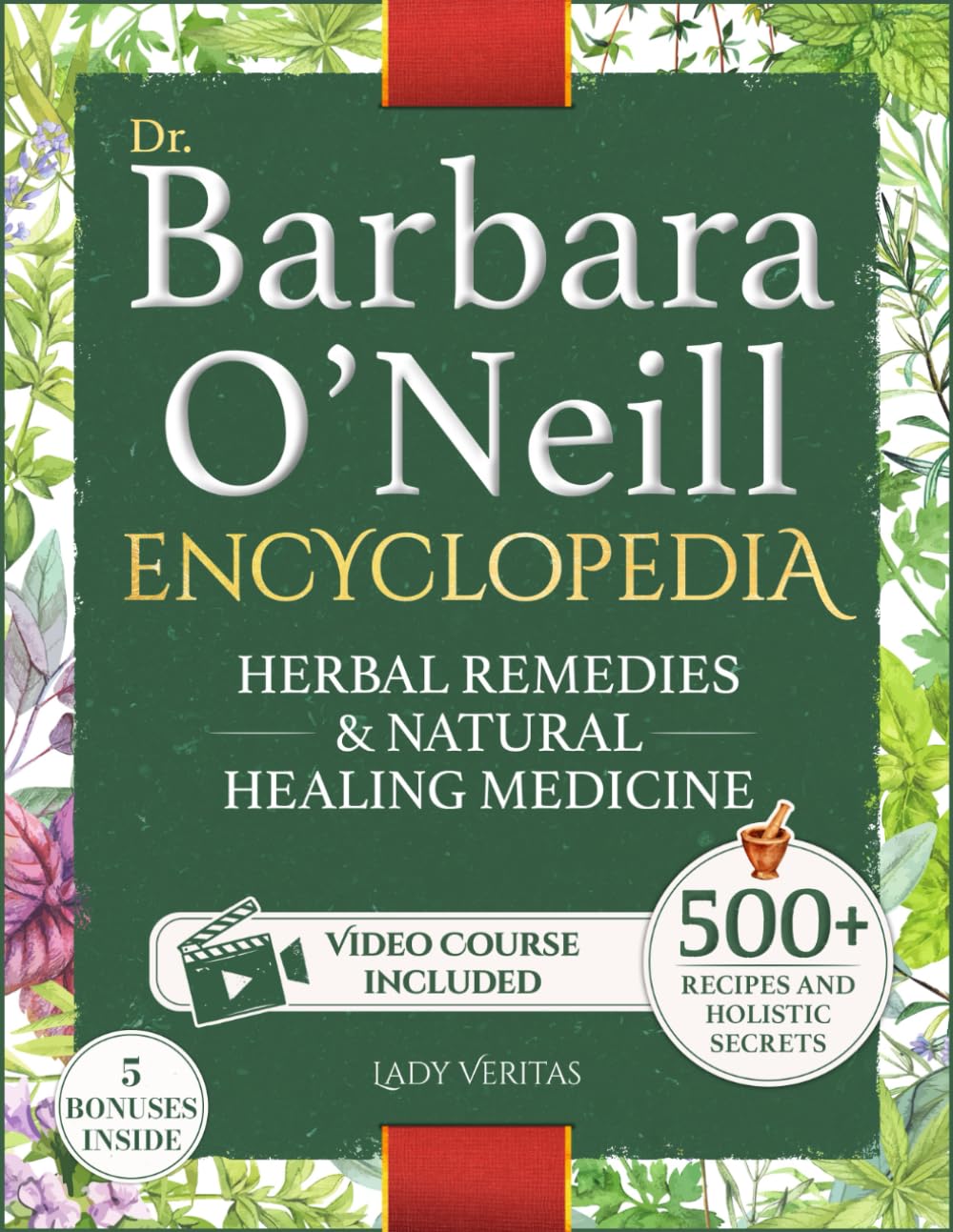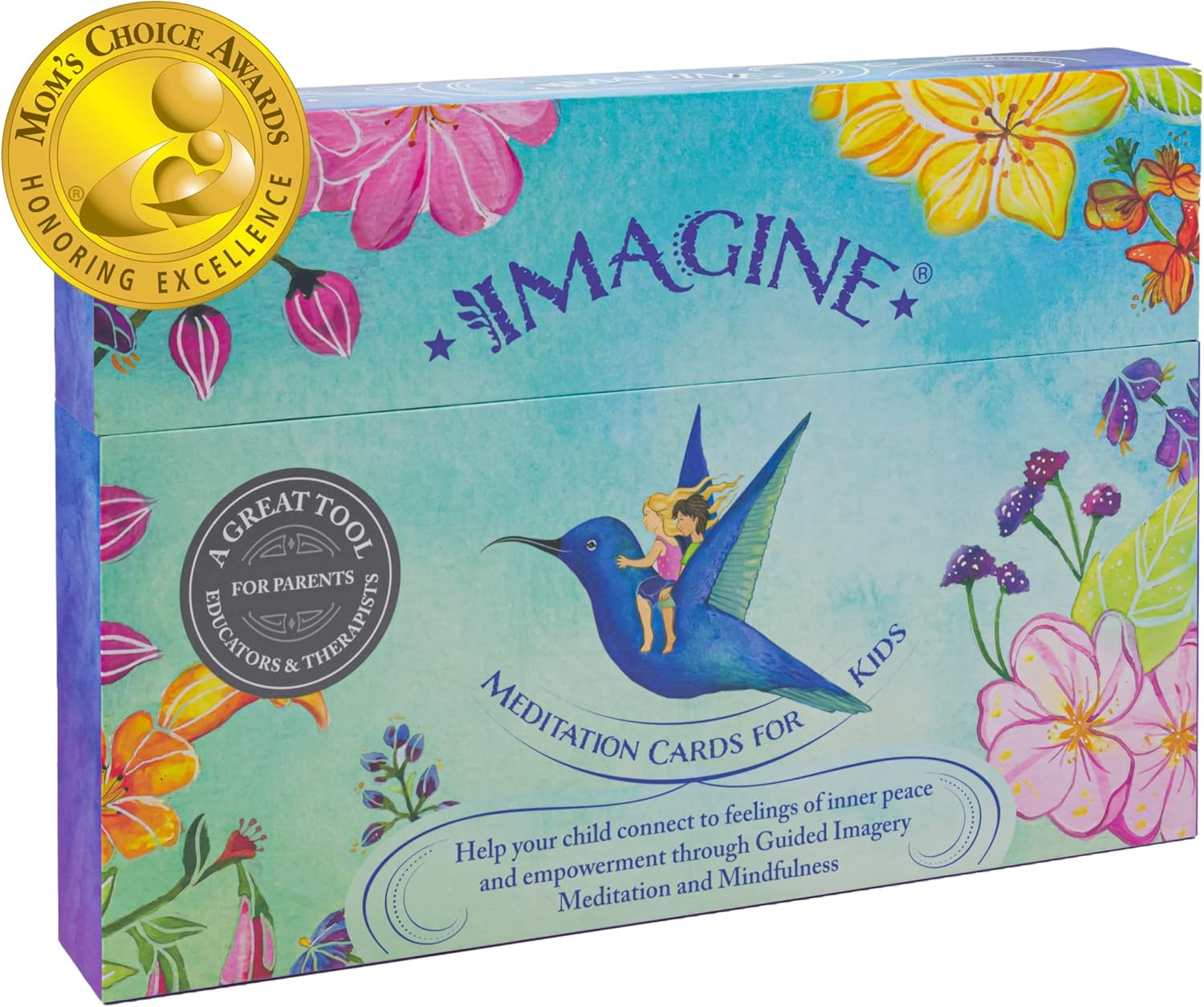Welcome to a journey of nourishing your well-being. As women over 50, we understand the importance of embracing a holistic approach to nutrition that goes beyond physical wellness. In this article, we will explore the physical, emotional, intellectual, and spiritual dimensions of well-being and provide practical tips to help you nourish your body, mind, and soul.
Table of Contents
Holistic well-being and its importance in nutrition for women over 50
Holistic well-being is of utmost importance for women over 50, as it encompasses all aspects of health - physical, mental, and emotional. Nutrition plays a key role in achieving this holistic well-being, as it nourishes the body and provides the necessary fuel for overall wellness. However, it goes beyond just counting calories or following trendy diets.
For women over 50, nutrition should focus on providing essential nutrients that support bone health, hormonal balance, and cognitive function. Incorporating nutrient-rich foods like fruits, vegetables, whole grains, lean proteins, and healthy fats into daily meals can help combat age-related issues such as osteoporosis and memory decline. Additionally, maintaining a balanced diet can contribute to weight management and boost energy levels - crucial elements for an active lifestyle during this phase of life.
A holistic approach to well-being also involves considering the mental and emotional aspects. Women over 50 often face various challenges related to career transitions or empty nest syndrome. Engaging in activities that promote relaxation and stress reduction is vital for their overall well-being. This might include regular exercise routines like yoga or meditation to improve both physical fitness and mental wellness. Seeking support from friends or joining social groups can provide a sense of belongingness while fostering emotional resilience.
By embracing holistic well-being principles that encompass nutrition along with mental and emotional care,
women over 50 can navigate this stage of life with better health outcomes while enjoying a fulfilling existence amidst the journey of aging.
Physical Well-Being
Nutrient-Dense Foods
Incorporating nutrient-dense foods into your diet is crucial for optimal nutrition and holistic well-being, especially for women over 50. As our bodies age, they need more nutrients to support various bodily functions and prevent the onset of age-related diseases. However, it's important to go beyond just counting calories or focusing solely on macronutrients. Instead, we should strive to include a wide range of nutrient-dense foods that provide an array of vitamins, minerals, antioxidants, and phytochemicals.
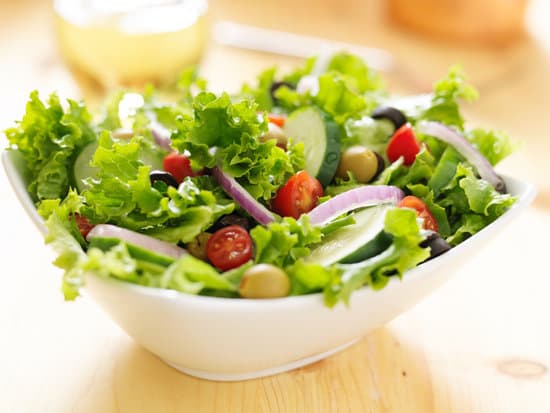
One way to do this is by incorporating more fruits and vegetables into your meals and snacks. These vibrant plant-based foods are not only low in calories but also packed with essential nutrients that support cellular health and overall vitality. From leafy greens like spinach and kale to colorful berries bursting with antioxidants, there is a multitude of options available to introduce variety to your plate.
Additionally, don't forget about healthy fats – they play a crucial role in women's hormonal balance. Incorporating nuts, seeds, avocados, and fatty fish like salmon into your diet can help meet your body's omega-3 fatty acid needs while providing satiety and promoting cardiovascular health.
By consciously choosing nutrient-dense foods as the foundation of your daily meals, you can ensure that you're nourishing your body at its core. Adopting such an approach will not only help fuel optimal physiological function but also support balanced hormones while enhancing your overall well-being as you navigate life beyond 50.
Bone Health
Proper nutrition plays a crucial role in maintaining strong and healthy bones, especially for women over the age of 50. While calcium is often considered the main nutrient for bone health, it's important to take a holistic approach to nutrition to ensure optimal well-being. Consuming a variety of foods that provide essential vitamins and minerals is key.
In addition to calcium-rich foods like dairy products, leafy greens, and fortified plant-based milk alternatives, incorporating vitamin D into your diet is equally important. Vitamin D helps the body absorb calcium more effectively, thus optimizing bone mineral density. Fatty fish like salmon or mackerel are excellent sources of vitamin D, as are egg yolks and fortified cereals.
Furthermore, don't overlook the significance of magnesium when it comes to maintaining strong bones. This essential mineral plays a vital role in converting vitamin D into its active form within the body and aids in ensuring proper absorption of calcium. Nuts like almonds or cashews, whole grains such as brown rice or quinoa, and legumes like lentils are fantastic sources of magnesium that can be easily incorporated into one's diet. By focusing on these key nutrients together with an overall balanced diet that includes plenty of fruits and vegetables, women over 50 can support optimal bone health as part of their holistic well-being journey.
Emotional Well-Being
Mindful Eating
Emotional well-being and mindful eating go hand in hand when it comes to nurturing our overall health, especially for women over 50. Nutrition plays a vital role in maintaining holistic well-being, but it's equally important to address our emotional state while making dietary choices. Mindful eating involves being fully present and aware of the food we consume, paying attention to our body's signals of hunger and fullness, and cultivating a positive relationship with food.

One fresh insight is that emotional well-being can greatly impact our eating habits. When we are stressed or overwhelmed, it's common to seek solace in comfort foods which may not always be the best choice for nourishing our bodies. By prioritizing emotional health and finding alternative ways to manage stress, such as practicing mindfulness or engaging in physical activity, we can shift our focus from using food as a coping mechanism.
Another perspective worth considering is that mindful eating encourages us to savor every bite and appreciate the flavors, textures, and smells of our meals. This practice not only enhances our dining experience but also helps us recognize when we've had enough. Additionally, by being more conscious of portion sizes and choosing nutrient-dense foods like fruits, vegetables, whole grains, lean proteins -- women over 50 can better support their nutritional needs for optimal health alongside fostering emotional balance through mindful choices.
Mood-Boosting Nutrients
Nutrition plays a crucial role in promoting overall well-being, and its impact on emotional health should not be overlooked. For women over 50, maintaining emotional well-being becomes even more important as they navigate the challenges that come with age. Fortunately, there are several mood-boosting nutrients that can help enhance emotional resilience and promote a positive mindset.
One such nutrient is omega-3 fatty acids, which have been found to have significant benefits for mental health. Research suggests that omega-3s can help reduce symptoms of depression and anxiety by regulating neurotransmitters in the brain. Additionally, these healthy fats can also improve overall cognitive function and support brain health as we age.
Another key nutrient for emotional well-being is magnesium. Often referred to as nature's tranquilizer, magnesium helps regulate stress hormones and promotes relaxation. Studies have shown that a deficiency in this essential mineral can contribute to increased levels of anxiety and depression. Including magnesium-rich foods like spinach, almonds, and avocados in your diet can help ensure optimal levels of this mood-boosting nutrient.
Incorporating these mood-boosting nutrients into your diet is just one step towards achieving holistic well-being. However, it is important to note that nutrition alone cannot solve all emotional struggles. Seeking professional help when needed and practicing self-care strategies are equally important for maintaining emotional balance during life's ups and downs. By prioritizing both physical and mental health through proper nutrition and self-care practices, women over 50 can nurture their emotional well-being for
Intellectual Well-Being
Brain-Boosting Foods
When it comes to holistic well-being, nutrition plays a crucial role in maintaining intellectual health, especially for women over 50. While physical fitness tends to take center stage, nourishing the brain should also be a priority. Including brain-boosting foods in your diet can enhance cognitive function and support overall intellectual well-being.
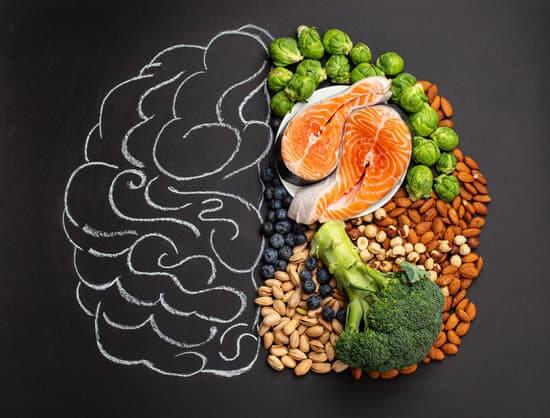
One such food is blueberries. Packed with antioxidants, these little berries have been shown to improve memory and delay brain aging. Another essential ingredient for a healthy brain is fatty fish like salmon or mackerel. High in omega-3 fatty acids, these fish can reduce inflammation in the brain and promote better cognitive abilities.
Moreover, incorporating whole grains into your diet is an excellent way to boost intellectual well-being. Whole grains provide essential nutrients like vitamin E, which has been linked to reduced cognitive decline. Additionally, they help regulate blood sugar levels and provide a steady release of energy throughout the day – ideal for maintaining focus and mental clarity. By paying attention to what we eat and making small dietary changes, we can prioritize our intellectual well-being as part of a holistic approach to overall health after 50 years of age
Hydration and Cognitive Function
Staying hydrated is often associated with physical health, but its impact on cognitive function and intellectual well-being should not be overlooked. Research has shown that even mild dehydration can negatively affect cognitive abilities such as attention, memory, and decision-making. This is particularly important for women over 50, as they may already face age-related changes in cognition.
Hydration plays a key role in maintaining optimal brain function by ensuring proper blood flow and oxygen delivery to the brain. When dehydrated, the brain shrinks slightly due to fluid loss, leading to reduced cognitive performance. Additionally, dehydration can impair the regulation of neurotransmitters involved in mood control, potentially affecting emotional well-being and overall mental health.
Incorporating proper hydration into your daily routine is vital for maintaining good cognitive function and intellectual well-being. To ensure you are adequately hydrated throughout the day, consider carrying a water bottle wherever you go or setting reminders to drink water at regular intervals. Remember that other fluids such as herbal tea or fruit-infused water can also contribute to your hydration goals. Prioritizing hydration alongside other aspects of holistic nutrition not only supports your physical health but also nurtures your intellectual well-being as you age gracefully.
Spiritual Well-Being
Mind-Body Connection
When it comes to holistic well-being, nutrition is often overlooked as a vital component. For women over 50, paying attention to their spiritual well-being and mind-body connection can be even more crucial. A healthy diet not only nourishes the body but also supports emotional and spiritual growth. By consuming nutrient-dense foods like fruits, vegetables, whole grains, and lean proteins, women can experience enhanced mental clarity and improved mood, leading to a stronger mind-body connection.
However, simply focusing on what we eat is not enough; it is equally important to cultivate mindfulness during meal times. The practice of mindful eating involves being present in the moment and truly savoring each bite. This allows us to fully appreciate the nourishment we are providing our bodies and enhances our connection with food at a deeper level. In this way, spiritual well-being is fostered by acknowledging that food is not just fuel for our bodies but also an opportunity for gratitude and reflection.
Alongside nutrition, physical activities that promote mind-body connection can greatly contribute to the overall well-being of women over 50. Yoga, tai chi, qigong, or even walking in nature can help cultivate inner peace and tranquility while increasing flexibility and strength in the body. These practices enable individuals to tap into their spirituality through movement meditation – connecting with their breath and finding a state of presence in their physical bodies. Furthermore, engaging in regular exercise releases endorphins that uplift mood and enhance mental health while strengthening the mind-body connection.
Connecting with Nature
Nature has a profound impact on our well-being. Spend time outdoors, embrace the beauty of nature, and engage in activities like gardening. Incorporate seasonal fruits and vegetables into your diet, connecting you with the cycles of nature and providing nourishment in harmony with the Earth.
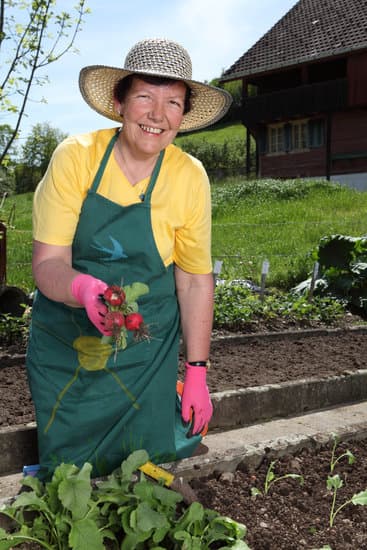
Growing your own food can be a powerful way to nurture your spiritual well-being and establish a deeper connection with nature. As we age, maintaining holistic well-being becomes essential, especially for women over 50 who may face unique health challenges. Cultivating fruits, vegetables, or herbs not only provides nutritional benefits but also offers a sense of fulfillment and satisfaction that comes from tending to something with our own hands.
When you plant and care for your garden, you enter into a symbiotic relationship with Mother Earth—drawing nourishment from the soil as you give back through nurturing and cultivation. This reciprocal bond fosters gratitude and mindfulness as you witness the growth and transformation of the seeds into bountiful plants. The act of gardening allows us to slow down, be present in the moment, and reconnect with the natural world around us.
Furthermore, growing your own food empowers you to take control of what goes into your body. By producing organic crops free from harmful chemicals and pesticides, you ensure that every meal supports not only your physical health but also your mental clarity and emotional balance. Additionally, being fully engaged in the process-from sowing seeds to harvesting-gives us a profound appreciation for nature's abundance while reminding us of our interconnectedness within this vast ecosystem we call home.
Conclusion
Embracing a holistic approach to nutrition is key to nourishing your well-being as a woman over 50. By incorporating nutrient-dense foods, supporting bone health, managing emotional eating, boosting cognitive function, and connecting with nature, you can enhance your physical, emotional, intellectual, and spiritual dimensions of well-being. Remember, small, sustainable changes can make a significant difference in your overall health and happiness. Take care of yourself and enjoy the journey of nourishing your well-being.

